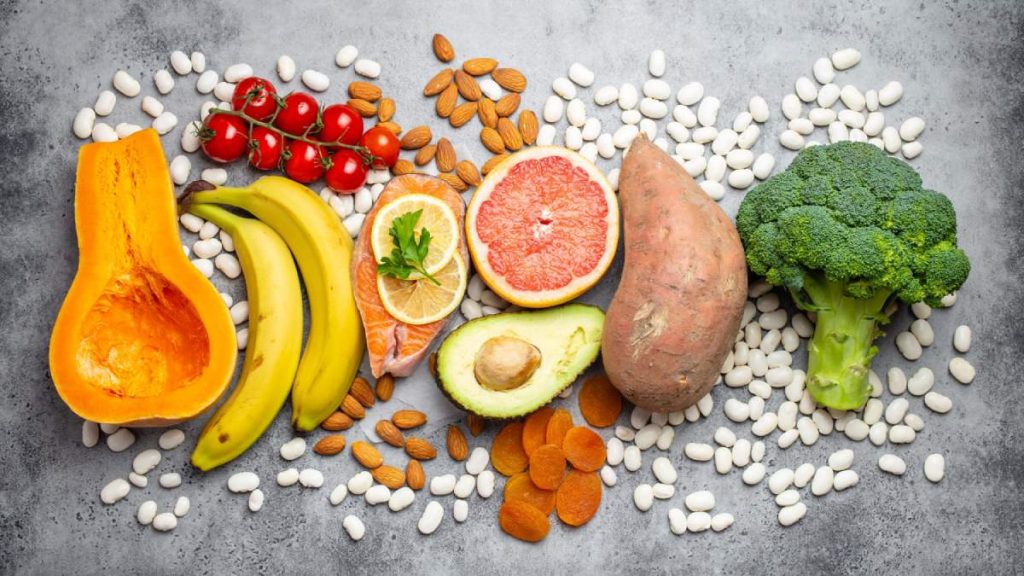What Are Functional Foods?
Functional foods have become a major trend in the health and wellness industry, providing benefits that extend beyond basic nutrition. These foods are packed with bioactive compounds such as vitamins, minerals, antioxidants, and probiotics, designed to enhance overall health and even prevent certain diseases. Whether it’s fortified milk or naturally nutrient-dense foods like nuts and berries, functional foods are reshaping how we think about eating.
The Science Behind Functional Foods
The idea of functional foods is backed by solid scientific research, which shows how specific nutrients improve bodily functions and fight chronic illnesses. Studies reveal that compounds like omega-3 fatty acids in fish support heart health, while probiotics in yogurt promote better gut health by balancing gut microbiota. These findings emphasize that what we eat plays a crucial role in our physical and mental well-being.
Examples of Functional Foods
Functional foods are diverse and accessible, ranging from everyday items to specialty products. Here are some examples:
– Probiotic Yogurt: Enhances digestion and gut health with beneficial bacteria.
– Chia Seeds and Flaxseeds: Provide omega-3 fatty acids for brain and heart health.
– Dark Chocolate: Contains antioxidants that reduce inflammation and oxidative stress.
– Green Tea: Boosts metabolism and contains anti-inflammatory properties.
Incorporating these foods into your diet allows you to reap health benefits naturally.
Functional Foods and Chronic Disease Prevention
One of the most impressive aspects of functional foods is their ability to combat chronic diseases. For example, the fiber in whole grains and legumes stabilizes blood sugar levels, making them essential for diabetes management. Similarly, plant sterols, often added to fortified products, help reduce bad cholesterol (LDL), lowering the risk of heart disease. This demonstrates how functional foods can complement medical treatments and improve quality of life.
The Rise of Health-Conscious Eating
As awareness about the relationship between diet and health grows, people are increasingly turning to functional foods. Health-conscious consumers are demanding products that not only nourish but also support specific health goals. As a result, the food industry is innovating rapidly, creating products like fortified snacks, plant-based meats, and superfood blends. Functional foods are no longer a niche—they are becoming a staple in modern diets.
The Future of Functional Foods
The future of functional foods is incredibly promising. Scientists are exploring personalized nutrition, where diets are customized based on genetic profiles. Biotechnology is also enabling the development of enhanced crops that deliver higher nutritional value. Innovations like edible vaccines and fortified staples could address global nutrition challenges. As these advancements unfold, functional foods will continue to play a vital role in improving public health.
Conclusion
Functional foods are transforming the way we eat and think about nutrition. By incorporating nutrient-rich, bioactive foods into our diets, we can address health concerns proactively and enhance our overall well-being. From preventing chronic illnesses to improving gut health, functional foods prove that diet is a powerful tool for healing. With continuous innovation and increasing awareness, functional foods are set to remain a cornerstone of modern health and nutrition.
Table of Functional Foods and Their Benefits
| Functional Food | Key Nutrient | Health Benefit |
|---|---|---|
| Probiotic Yogurt | Probiotics | Improves digestion and gut health |
| Chia Seeds | Omega-3 Fatty Acids | Supports heart and brain health |
| Dark Chocolate | Antioxidants | Reduces inflammation and oxidative stress |
| Green Tea | Catechins | Boosts metabolism and reduces inflammation |
| Fortified Milk | Vitamin D | Supports bone health and immune function |

